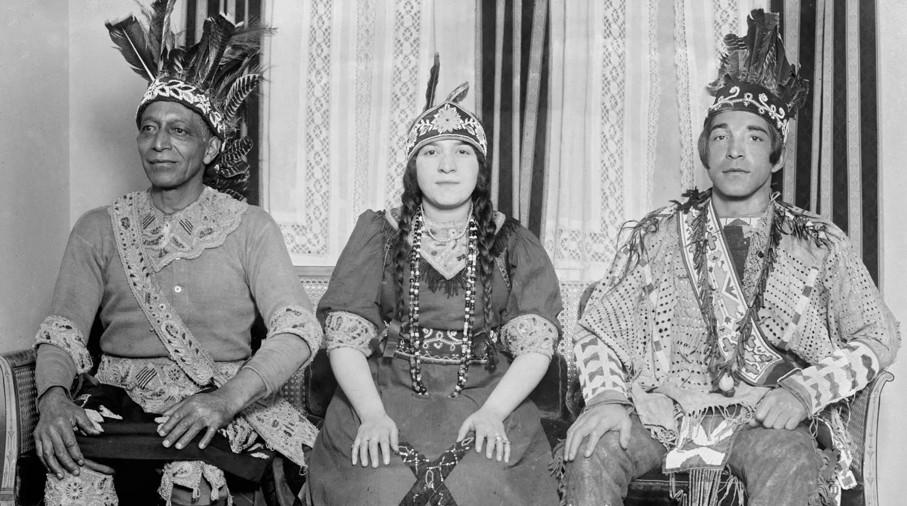
Dante Alighieri, whose full name was Durante degli Alighieri, is revered as both Italy’s greatest poet and arguably the most significant poet in history, standing as a prominent literary figure of the Middle Ages. In Italy, he is celebrated as “il Sommo Poeta,” meaning “the Supreme Poet,” and is also honored as “the Father of the Italian Language.”
Born in Florence, Tuscany, Italy, in approximately late May or early June of 1265, likely around May 21st, he adopted the shortened name “Dante,” given to him by his family and friends. He passed away in Ravenna, Emilia Romagna, Italy, in mid-September of 1321.
Dante asserted his family’s lineage traced back to ancient Romans, though concrete evidence remains absent. His father’s affiliation with the White Guelphs, a pro-Pope political faction, suggests a degree of status and security for the family during the 13th century. Dante’s mother, Bella, died before he reached the age of ten; his father remarried, and his stepmother bore two additional children, Francesco and Gaetana.
Details regarding Dante’s formal education remain scant; he likely attended a church school or received instruction at home, with documented studies in Tuscan poetry.
Arranged marriages were commonplace during this period. At the age of nine, Dante encountered Beatrice Portinari, and though they never conversed, he professed it was love at first sight. At twelve, his father betrothed him to Gemma, daughter of the influential Donati family. He later married Gemma di Manetto Donati, and they had three children: Pietro, Jacopo, and Antonia.
After the age of eighteen, Dante encountered Beatrice sporadically, exchanging greetings in the street, but they never developed a close relationship. Despite this distance, his affection for her persisted, inspiring numerous sonnets, contrasting with the apparent absence of such verses for his wife, Gemma. His daughter, Antonia, later became a nun, adopting the name Sister Beatrice.
Beatrice became Dante’s driving force, not only for life but also for his poetic expression, often depicted in his poems as a divine figure guiding and watching over him. This form of love poetry led him to develop the “dolce stil novo” (sweet new style), a groundbreaking approach to Italian love poetry, which he pioneered alongside Guido Cavalcanti and Cino da Pistoia, becoming leading figures in this innovative verse.
Like many Florentines, Dante became deeply involved in contemporary politics, strongly supporting the Pope as a member of the White Guelphs, a faction his father had also belonged to. On June 11, 1289, he participated in the Battle of Campaldino against the Ghibellines. While his political career yielded limited tangible results, he held various positions in Florence, a city fraught with political instability.
In 1301, after serving as part of a delegation to Rome, Dante was condemned to a two-year exile and ordered to pay a substantial fine. He remained in Rome at the Pope’s suggestion and was consequently labeled an absconder. He refused to pay the fine, believing in his innocence and because the Black Guelphs had already seized his assets in Florence. As a result, his exile was made perpetual, and he faced the threat of being burned at the stake if he returned to Florence without settling the debt.
Dante participated in several failed attempts by the White Guelphs to regain power, which, marked by betrayal and deceit, left him embittered. He distanced himself from politics, accepting his inability to return to Florence. He initially sought refuge in Verona and later moved to Sarzana in Liguria, with a possible sojourn in Lucca. There is no documented evidence that he ever left Italy during his exile from Florence.
Following Beatrice’s death in 1290, Dante turned to Latin literature for solace before dedicating himself to philosophical studies at religious institutions. This focused study, undisturbed by the demands of politics, enhanced his literary and philosophical mastery, leading to a grander and more confident writing style. It was around this time that he conceived his magnum opus, the Commedia.
Meanwhile in Florence, most exiled White Guelphs received pardons and were allowed to return. However, Dante’s earlier vehement political letters against the Black Guelphs were considered too extreme, and his sentence remained in effect. In 1312, an assault on Florence led to the defeat of the Black Guelphs, but there is no indication that Dante was involved in either the politics or the military action.
Florence was subsequently compelled to offer amnesty to all remaining exiles, including Dante, but demanded public repentance and a substantial fine as conditions for their return. Dante rejected this offer, choosing exile instead. Following Florence’s ultimate defeat, Dante’s death sentence was commuted to house arrest, contingent upon his return to Florence to swear he would never re-enter the city.
He refused this condition, resulting in the continuation of his death sentence, which was then extended to include his sons. Dante deeply lamented his banishment from Florence, believing it had severed him from his identity and heritage; he spent his remaining years yearning for a morally justifiable invitation to return.
In 1318, he accepted an invitation from Prince Guido Novello da Polenta to reside in Ravenna. There, he completed his significant work, Paradiso, before his death in 1321 at the age of 56. It is thought that he contracted malaria during a diplomatic mission to Venice. He was interred in Ravenna at the Church of San Pier Maggiore (later renamed San Francesco). In 1483, Bernardo Bembo, a Venetian magistrate, commissioned a tomb for Dante.
Florence later regretted its treatment of Dante and repeatedly sought the return of his remains. However, the custodians in Ravenna refused to relinquish the body, even resorting to hiding the bones within a false wall of the monastery at one point. Despite this, a tomb was erected in Dante’s honor in the basilica of Santa Croce in Florence in 1829, but it remains empty, as Dante’s remains continue to reside in Ravenna.






